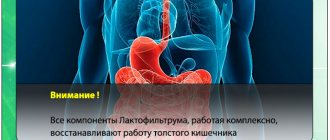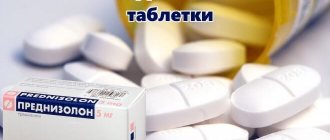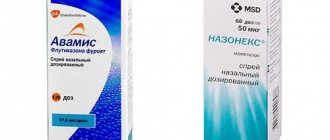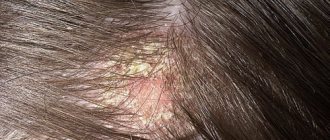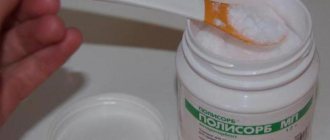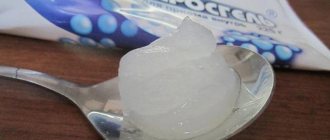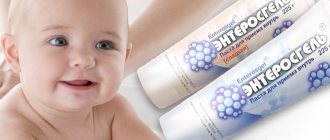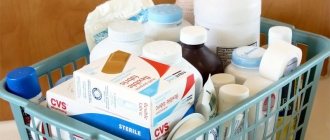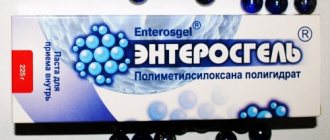The rhythm of modern man does not always allow him to eat right, drink clean spring water, walk often and get enough sleep. Poisoning, allergic reactions, and intoxication of the body with various toxic substances occur quite often. In such cases, drugs that can cleanse the body of toxic substances come to the rescue.
Some of the most common enterosorbents are Polysorb and Enterosgel. But we’ll try to figure out which one is better in this article.
Mechanism of action of drugs
Enterosgel and Polysorb are enterosorbents - drugs that absorb and remove poisonous, toxic substances from the body. These medications have recently appeared on the market, but have already become popular.
Both products are developed and produced in Russia. Enterosgel, like Polysorb, is not absorbed into the circulatory system and is completely eliminated from the body.
Both drugs are prescribed for the following deviations:
- allergy;
- hangover syndrome;
- toxicosis during pregnancy;
- chronic intoxication;
- poisoning;
- intestinal infections of various origins;
- prevention in unfavorable areas, in production with harmful conditions;
- skin diseases;
- burns;
- wound surfaces on the skin.
Enterosgel acts more selectively than Polysorb in relation to beneficial and harmful substances. It removes toxins, poisons, waste products of harmful microorganisms from the body, but leaves vitamins and necessary substances.
Polysorb acts better on components of protein origin. It binds them, which is especially useful for burns that are accompanied by protein breakdown. The drug will cleanse the blood of such breakdown products.
Both drugs do not affect the positive intestinal microflora, so there is no need to use additional lactobacilli. But sometimes drugs are prescribed, for example, Enterofuril.
Polysorb or Enterosgel. Safety of allergy medications
Polysorb has high sorption activity, which is not always good. Enterosgel differs from all sorbents, including those based on highly dispersed silica, in its selective effect.
Enterosorbent operates due to organic silicon, which promotes the binding of harmful medium-molecular compounds (toxins, allergens, metabolites), without affecting beneficial substances.
Polysorb is a sorbent that is active against proteins. In practice, it is often prescribed to people with burns in order to cleanse the blood of toxic substances of a protein nature.
However, in all other cases, it is recommended to take a sorbent with selective properties - Enterosgel, which will preserve the integrity of useful substances, including proteins, preventing the appearance of edema, anemia, muscle weakness, and a decrease in the body's protective functions.
Ease of use
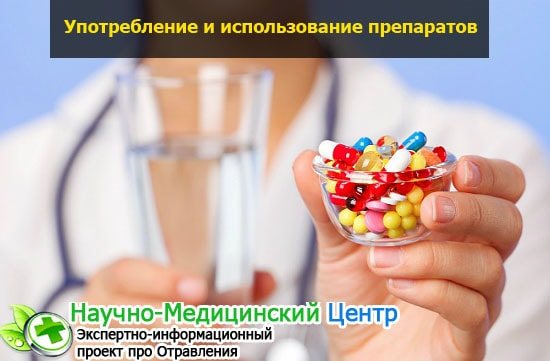
The rules for taking these drugs differ. Polysorb has no taste or smell. Before use, it must be diluted with water and stirred well until a homogeneous emulsion is obtained. You can stir it in any other drinks, if in extreme cases there is no water nearby. It is impossible to swallow the powder without liquid.
Enterosgel is sold in a tube, has a paste consistency, and is ready for use. It does not require additional training, which is important in emergency situations. The required dosage is swallowed and washed down with water. Sometimes it becomes necessary to reduce the thickness of the paste; to do this, mix Entoerosgel with any drink or water. It is easier for children to drink Enterosgel, as it is tasteless.
The use of all enterosorbents must be accompanied by drinking a large volume of water. For children you can use juices and compotes. If there is a lack of fluid in the body, constipation may occur.
Features of using the product for allergies in children
Both medications are safe and approved for use by babies from the first days of life. The sorbents do not have dyes or harmful preservatives, and their effectiveness has already been proven by many young patients.
The required amount of Enterosgel in a paste or gel variation should be diluted in breast milk, water or formula and given to very young babies up to a year before each feeding.
For older children, Enterosgel can be diluted in compote or juice. But if the kids refuse to take the medication in this form, then you can buy sweetened Enterosgel paste at the pharmacy. It has a pleasant taste, but does not lose its effectiveness.
Polysorb is also approved for use by very young children. Half a teaspoon can also be diluted with breast milk, water, formula or juice (depending on the baby’s age) and given before meals three times a day.
Medicine and dehydration
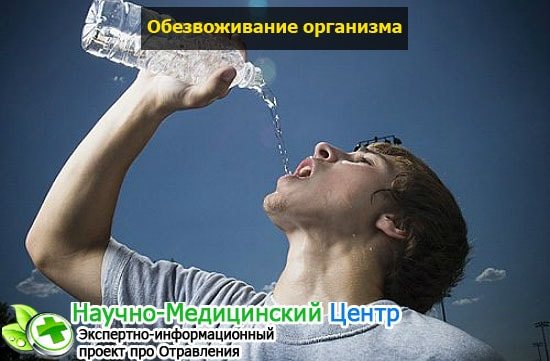
Enterosgel and Polysorb are used for intoxication of various origins. In such situations, dehydration is often observed, so it is very important to find out the relationship of drugs to water.
Enterosorbents bind water molecules when taken for a long time (longer than 10 days) and can lead to a weakening of intestinal tone and reduce peristalsis. This does not happen when taking Enterosgel. It is not effective against water molecules, just like the analogue drug Polyphepan. Polysorb is almost in last place on the list of effective agents in relation to water.
What consumers say
There is no consensus in drug reviews. For some, the best remedy is Polysorb, while others praise Enterosgel. This question is quite individual.
If we compare Polysorb and Enterosgel by the number of positive reviews, it turns out that the majority of patients prefer Polysorb. The opinion of experts is more inclined towards the use of Enterosgel.
They believe that Polysorb is a non-selective enterosorbent, and after its use dysbacteriosis can appear. Enterosgel differs from this drug in that it works selectively in the intestinal lumen, which is better for children and adults, as well as for allergies in infants. This product absorbs dangerous bacteria, viruses, toxins and protozoan microorganisms without negatively affecting the natural microflora. Therefore it is more effective.
The instructions for using Polysorb contain information that the medicine is not used for peptic ulcers. But Enterosgel has no such restrictions. This is a new generation drug, it does not lead to irritation of the mucous membrane and helps restore its integrity.
allergy.life
Contraindications for use
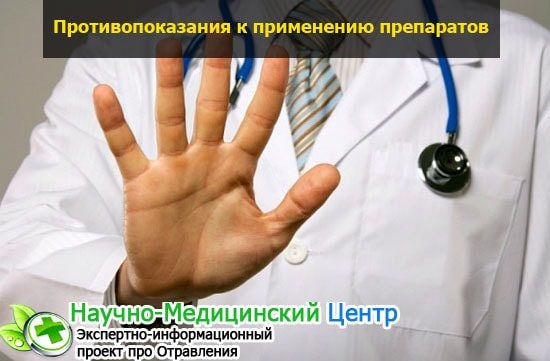
Enterosgel, like Polysorb, has some contraindications for use. Enterosgel is not prescribed to children under 1 year of age (Polysorb can be taken from birth), personal intolerance to the ingredients of the drug is taken into account, and the drug is not prescribed for poor intestinal tone.
Polysorb is not recommended for diseases of the stomach and intestines with complications such as bleeding, ulcers, erosions, and decreased intestinal motility.
If we compare these two products, Enterosgel has a gentler effect on the body. It has fewer restrictions and can be used for diseases of the digestive system. This enterosorbent envelops the walls of the stomach, creates favorable conditions for the restoration of the mucous membrane, and protects against aggressive effects in case of poisoning.
Characteristics of Enterosgel
Enterosorbent gel Enterosgel has a porous structure. This drug is available in the form of a paste and gel intended for internal use. The composition has neither color nor odor.
It is used for patients of different age categories with:
- various intoxications of acute and chronic forms;
- severe poisoning with toxic compounds, medications, alcoholic beverages;
- complex therapy of acute intestinal infections;
- purulent and septic diseases that are accompanied by intoxication;
- food and drug allergies;
- renal failure;
- viral hepatitis.
This drug is also useful for workers in hazardous industries as a preventive measure.
It is not recommended to use Enterosgel if you have an individual intolerance to its components or intestinal atony.
Negative manifestations include feelings of nausea and constipation, and a feeling of aversion to the medicine.
Detailed instructions for using Enterosgel can be read here.
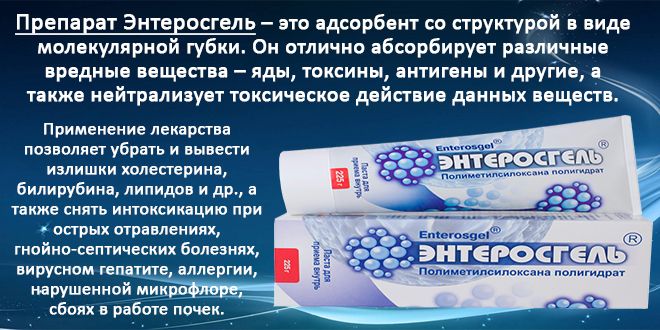
Complications when using drugs
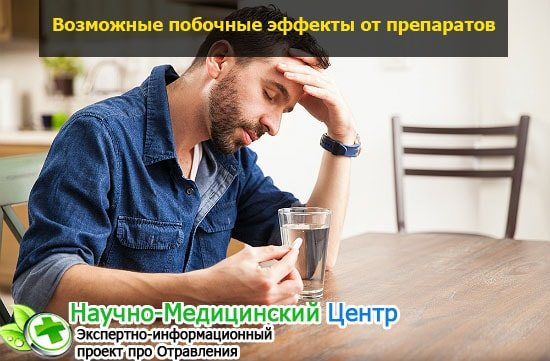
Negative side effects when using drugs are not common. This can include nausea, constipation, allergic skin rashes. If such symptoms appear, you should stop taking the drug.
With prolonged use of Polysorb, hypovitaminosis may develop. A lack of vitamins in the body will appear due to impaired absorption.
Signs of vitamin deficiency:
- constant fatigue;
- dry skin;
- fragility of the nail plate;
- drowsiness with sufficient rest;
- hair loss;
- sleep disturbance (lack of B vitamins);
- deterioration of immunity;
- “snagging” in the corners of the lips, bleeding gums, decreased vision (lack of vitamin C, retinol).
If Polysorb is used for more than 2 weeks, the intestinal microflora may be affected. Abdominal pain, attacks of nausea, vomiting, and digestive disorders in the form of constipation or diarrhea will begin.
You should consult your doctor about this condition. In some cases, following a diet helps stabilize the situation without the use of medications.
Properties of Polysorb
Another strong new generation sorbent is Polysorb. The preparation is made on the basis of silicon of natural origin. The medicine is taken in the form of an aqueous suspension - the powder is mixed in water; it is not used in dry form. The amount of the product depends on the patient’s weight. There is no overdose, which eliminates the fear of side effects.
This drug is used in the following cases:
- acute and chronic intoxications;
- acute gastrointestinal infections;
- purulent-septic diseases;
- acute poisoning;
- food and drug allergies;
- chronic kidney failure;
- viral hepatitis;
- living in areas with unfavorable ecology.
Doctors do not recommend using Polysorb for stomach or duodenal ulcers, bleeding in the gastrointestinal tract, individual intolerance to the drug, or intestinal atony.
Occasionally, allergies, dyspepsia and constipation may occur from taking it. Long-term use of the product (more than two weeks) may interfere with the absorption of vitamins and calcium, which entails taking multivitamins as a preventive measure.
Even more information about the drug is here.
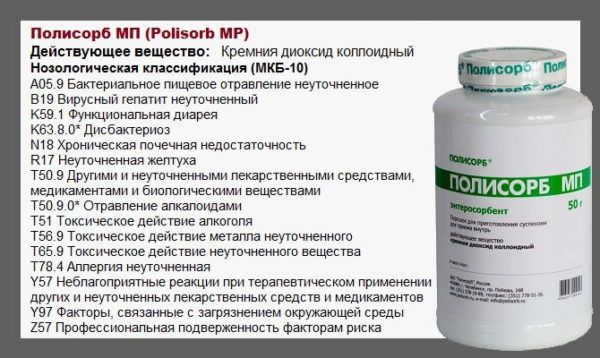
Use during pregnancy and lactation
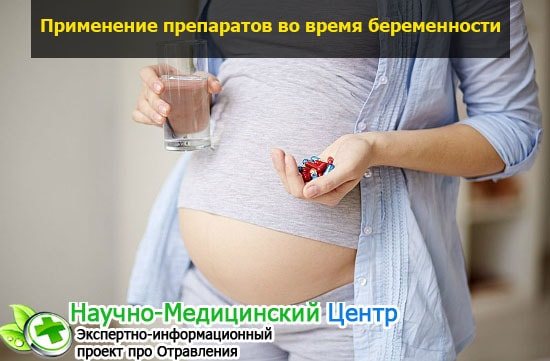
Sorbents are prescribed for pregnant and lactating women. Polysorb and Enterosgel are well tolerated during these periods, as they do not penetrate the circulatory system, breast milk, and do not affect the developing fetus.
The drugs help fight the consequences of diseases and intoxications that can be caused by poor-quality food. During pregnancy, Enterosgel or Polysorb may be prescribed for an infectious disease.
Antibiotics and other drugs are not recommended, but enterosorbents help cleanse the body of toxic waste products of viruses and microbes.
Enterosgel and its properties
An effective sorbent helps fight poisons, toxins, heavy metals and other harmful substances. The medicine has a positive effect on the intestines and also cleanses the blood. The main active ingredient of the drug is polymethylsiloxane polyhydrate (organic silicon). Already on the third day a positive effect is noted.
Due to the structure of the medication, it absorbs harmful substances like a sponge. At the same time, microelements, vitamins and all other useful components remain in the body. After administration, favorable conditions are created in the intestinal mucosa. Thanks to its bactericidal properties, pathogenic flora of the genitourinary system and intestines is eliminated.
Enterosgel is used depending on the patient’s age up to three times a day. The release form of the drug varies:
- sachets;
- pasta in plastic containers;
- gel for suspensions.
This medication has many analogues, including white and black coal, as well as Smecta, Lactofiltrum and others.
What is best for children and adults, doctors’ opinion
It is impossible to unequivocally answer which of these drugs is better. The appointment is made based on the patient's condition. But with a weak digestive system, Enterosgel will be the best sorbent. If long-term therapy is not required, then Polysorb can be used.
For the treatment of infants, it is better to choose Enterosgel. Since it is extremely important for the baby to preserve microflora. Otherwise, the child’s condition may worsen. Enterosgel removes toxins, leaving behind nutrients, vitamins, and microelements. Thus, the drug does not harm the baby.
Reviews about the treatment of allergies with the product
Polysorb or Enterosgel, which is better for allergies? There is no definite answer to such a question. But according to reviews, allergy sufferers choose Enterosgel. Many mothers note that a variation of sweetened pasta is their salvation. After all, kids don’t like taking medicine anyway, but when they taste good, the situation changes radically.
Travelers love Enterosgel for its convenient packaging and comfortable use of the drug, when you only need a spoon and water to wash it down.
Connoisseurs who care about their health believe that the active substance of Polysorb consists of tiny crystals, which means that with regular use it can injure and thin the mucous membranes of the intestinal tract. Therefore, preference is given to the homogeneous structure of Enterosgel.
Tips for selection and storage
Here it is important to rely on your own feelings and preferences. Both medications are quite effective, but have a specific taste.
Enterosgel in paste or gel variations has a homogeneous structure, which significantly facilitates its use. In addition, you can always purchase a sweetened version of the pasta. According to reviews from many patients, swallowing such a paste is much easier and more pleasant.
Enterosgel exists in the form of a tube, similar to toothpaste. This is very convenient: you can quickly and correctly measure the required amount of medication, and it is also convenient to take with you on a trip.
The tube of medication should be stored in a place away from the children's classroom. The storage temperature should not exceed 30 degrees Celsius, but it is best to immediately place Enterosgel in the refrigerator. After use, it is important to close the tube tightly so that the medication does not erode.
Polysorb is available in only one variation - powder. You can store it in your home medicine cabinet for five years. It is recommended to take the prepared suspension immediately or at least within two days after preparation.
The powder option may not be entirely convenient: the slightest air flow causes powder crystals to scatter, preparing the suspension takes some time, and using the powder is uncomfortable while traveling. In addition, Polysorb does not completely dissolve in water, which means this medication may be unpleasant for children.
Polysorb should be stored away from children's hands and away from bright rays of light and sun. The optimal temperature for storage is room temperature.
